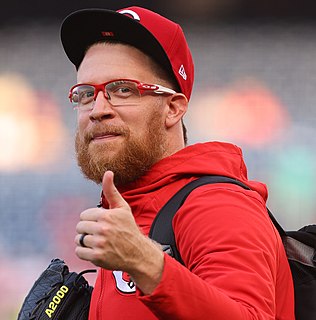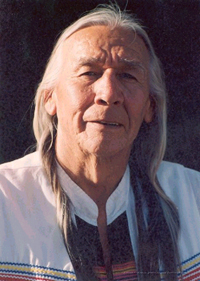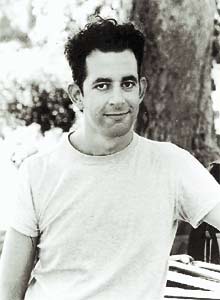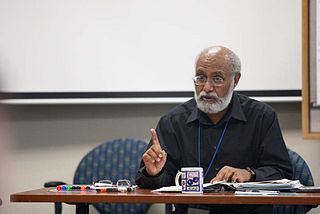A Quote by Eric Schneiderman
The memory of the 146 people who lost their lives in the Triangle Shirtwaist fire stands as a reminder that legal protections and workplace safety standards were won through a long struggle for social justice and at great human cost.
Related Quotes
Union membership is not the sole guarantor of job security and a living wage, but nonunion factory workers do not enjoy the same protections as union workers. They're subject to exploitation, underpayment and lower standards of workplace safety - which is also often the case for manufacturing workers outside the United States.
We used to have adults who set standards, moral standards, cultural standards, legal standards. They were better than we were. They gave us something to aspire to. They were people that we described as having dignity and character. That's all gone now, particularly the upper levels of the Democrat Party. There isn't any of that kind of decency, dignity, character, morality.
What really matters in a workplace, what helps an employer if you've got a unionised workforce is if your shop stewards know the rules of the game, if your safety reps are taught to be able to examine situations to make sure the workplace is more safety. Better informed delegates, better workplace safety saves companies money. Unions are very good at safety. We are good at teaching delegates how to resolve disputes.
I never need to go far if I need a reminder of how important Medicare and Social Security are to Missouri's seniors. My mom, Betty Anne, is one of millions for whom these services provide a reliable safety net. Across the country, these protections are an integral part of sustaining millions of seniors' health and dignity.
Condemning class struggle does not mean condemning every possible form of social conflict. Such conflicts inevitably arise and Christians must often take a position in the "struggle for social justice." What is condemned is "total war," which has no respect for the dignity of others (and consequently of oneself). It excludes reasonable compromise, does not pursue the common good but the good of a group, and sets out to destroy whatever stands in its way.
There is an ancient Indian saying that something lives only as long as the last person who remembers it. My people have come to trust memory over history. Memory, like fire, is radiant and immutable while history serves only those who seek to control it, those who douse the flame of memory in order to put out the dangerous fire of truth. Beware these men for they are dangerous themselves and unwise. Their false history is written in the blood of those who might remember and of those who seek the truth.
Animals struggle with each other for food or for leadership, but they do not, like human beings, struggle with each other for thatthat stands for food or leadership: such things as our paper symbols of wealth (money, bonds, titles), badges of rank to wear on our clothes, or low-number license plates, supposed by some people to stand for social precedence. For animals the relationship in which one thing stands for something else does not appear to exist except in very rudimentary form.
It sometimes feels like the workplace is immune from social upheaval. We go to work and do the best we can, and at the end of the day, we return to our lives. We don't abandon who we are, however, when we begin and end our workday. Who we are shapes how we are perceived in the workplace and, in turn, how we perform in the workplace.


































